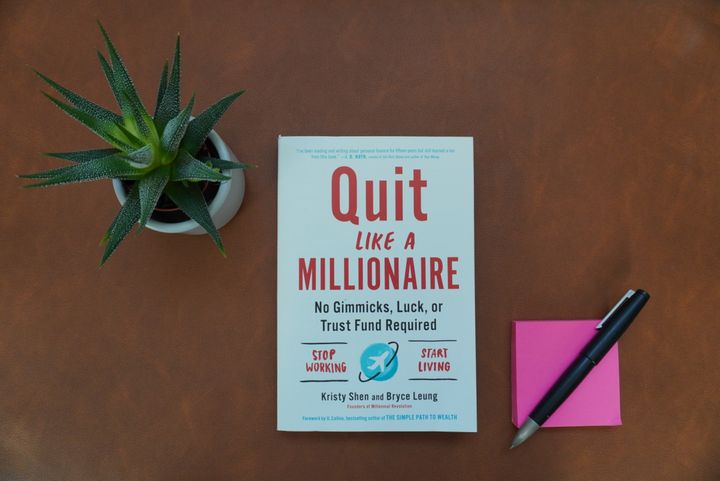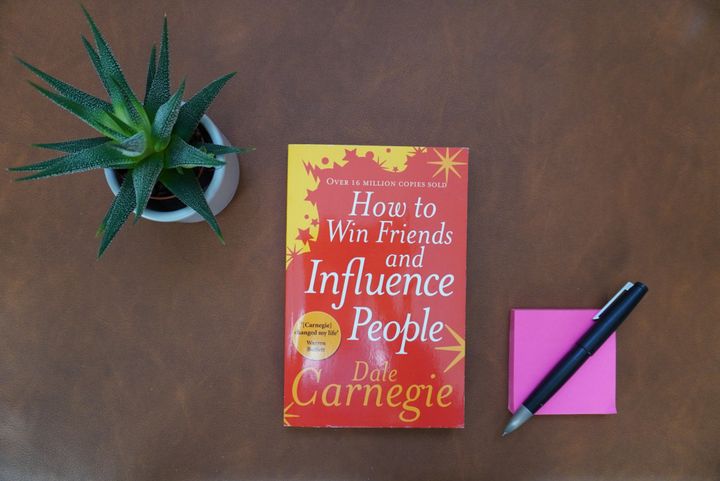Book Review & Summary 'Stolen Focus' by Johann Hari.
Do you struggle to concentrate? I know I do and Johann Hari discovered this is nothing new but in fact has been getting progressively worse for centuries. In 'Stolen Focus' he recognises his own challenge in staying focussed and sets out to discover why the world is struggling to concentrate.

Do you struggle to concentrate? I know I do and Johann Hari discovered this is nothing new but in fact, has been getting progressively worse for centuries. In 'Stolen Focus' he recognises his own challenge in staying focussed and sets out to discover why the world is struggling to concentrate. We live in a world of information overload and the latest technology and social media are not helping the cause. To quote Johann "It’s not your fault you can’t focus. It’s by design. The truth is that you are living in a system that is pouring acid on your attention every day, and then you are being told to blame yourself and to fiddle with your own habits while the world’s attention burns." We have gone from blogs to 280-word tweets; YouTube vlogs to short TikToks. We are gradually paying less attention to the tasks at hand and if we fail to focus properly in our daily lives then we are not paying attention to the right things.
Take Five: My main key points from the book.
- Switching cost and flow rate.
The speed at which things become popular one minute and forgotten the next is increasing, flooding our brains with a constantly changing amount of information making our brains flit between tasks without ever concentrating on one. If you are forced to slow down by doing an activity such as yoga it has been proven scientifically that your cognitive ability and attention improve. On the other hand, if we allow the world around us to split our attention between subjects we end up suffering from the switch cost effect as our brains need to reconfigure and focus on each task leading to errors as we need to catch up with what we were previously working on.
The constant switching disrupts our flow state, the ability we have to mono-task and concentrate on the one thing we need to. Our flow state or 'being in the zone' is fragile and easily disrupted, however, it doesn't mean that our mind should be empty and devoid of distractions as this will create a void. Instead, we need to immerse in our task, finding a balance between the complexity of the task and the skill required to complete it. If we can prevent interrupting our flow through constant switching we will become more productive.
2. Mental and physical exhaustion.
Only 15% of people wake up refreshed after a good night's sleep. For the rest, a mixture of being overworked, taking medication and looking at screens with blue light late at night are preventing us from getting the sleep we need. A lack of sleep makes us irritable and it makes us harder to focus. There are more companies trialling 4-day work weeks and in some experiments, it has shown that workers are more productive over 4 days than they are in 5. When working a 4 or 5-day week it is also important to not glorify overworking and there needs to be a culture shift that doesn't make us guilty of taking time out.
3. Technology and surveillance capitalism.
In 2017 the average American spent an average of 5.4 hours a day on their phone. It's no surprise then that we spend less time sustained reading and instead read in small bites. Twitter suggests that we only need 280 character statements to present what we need to know quickly and with little focus. Social media is measured by engagement and the apps we use to train our minds to crave rewards through viewing numbers, likes, hearts and comments and to keep you wanting to view more content and spend more money.
If you haven't come across the term before 'surveillance capitalism' it is likely that you have still experienced it without perhaps realising it. When you shop online or even just search for an item your social media feeds start to bombard you with adverts. They also take note of what you read/view the most and target you with similar media. To make this worse the human brain lingers over negative content so not only do you scroll for that type of content more but it makes you angrier as a result. Next time you scroll through your YouTube content feed you tend to notice the thumbnails with negative headlines and pictures. As long as this continues to thrive people will struggle to focus so we must try to maintain awareness of social media and not let it control us.
4. Cruel Optimism.
Have you ever been given a supposedly simple solution to a potentially complex problem? For example, if you are obese just stop buying junk food and the weight will fall off. Cruel optimism blames the issues on the individual and exempts society; it is positive and helpful at face value but lacks actual results. It may initially sound optimistic because you are being offered a solution, but this solution is so blind and limited it is not solving the root cause of the problem or making any long-term difference.
5. Attention Rebellion.
Hari concludes that society as a whole is the problem and therefore the issues do not just lie with the individual. He identifies four layers of attention to focus on:
Spotlight - focusing on immediate action such as 'I am going to go to the kitchen and make a brew'.
Starlight - focusing on longer-term goals such as writing a book or setting up a blog!
Daylight - being able to think and reflect clearly on all goals.
Stadium lights - recognising other people and working together towards team goals.
Final thoughts
Johann Hari shows us that our loss of focus is a societal and systematic issue and whilst as an individual, we can take steps to improve our focus this is not a long-term solution. Together we must become attention warriors fighting for change, put boundaries on our working hours and ban surveillance capitalism in order to regain our focus.



Comments ()